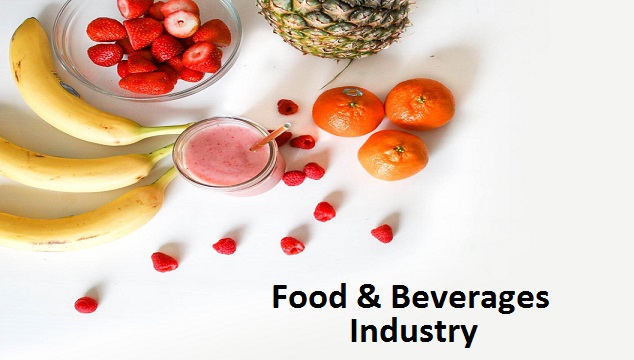In a recent business intelligence study, FactMR presents the nitty-gritty of the global canned cocktails market considering 2014-2018 as the historic year and 2019–2029 as the stipulated timeframe. This study underlines key opportunities in the canned cocktails market and finds that the market would exhibit growth at a value CAGR of ~ 20% during forecast period. The business report highlights the drivers, restraints, opportunities and trends affecting canned cocktails market growth. Further, all the market shares associated with the market as well as the segments are expressed in terms of value and volume. The canned cocktails market study outlines the key regions – Latin America, North America, MEA, Europe and APEJ – along with the countries contributing the most in the respective regions.
Alcoholic beverages companies have already infiltrated the canned cocktails market, with leading distilleries investing significant amounts to leverage the market for growth opportunities. They are also banking on the fact that consumers are choosing newer premium products over archaic options in the foreseeable future. The study finds that fruit additives based canned cocktails are leading the way, accounting for nearly three quarter share of non-alcoholic additive segment of canned cocktails market. The non-alcoholic additive segment itself holds approximately 80% of the global canned cocktails market. The market players are focusing their efforts towards navigating the hazy rules & regulations to deduce prospective opportunities in canned cocktails.
The companies making an advent into the canned cocktails vertical are looking at the craze for cocktails in the bars and pubs across the globe. The alcoholic beverage industry is already driven by the trending shift of gen Y from usual beers and wines to cocktails. Ease of availability continues to be the key sales propellant of canned cocktails, as these beverages can be merchandised in retail stores and convenience stores where generally high alcohol spirits cannot be legally sold.
You can Request an Example Copy from here – https://www.factmr.com/connectus/sample?flag=S&rep_id=4079
The FactMR study also found remarkable uptick in consumer preference for spirit based canned cocktails, which range from gin, whiskey to tequila and vodka. Although the regional spirits like cachaça and saké currently accounts for meagre share of canned cocktails market, they are projected to permeate deep in the culture of alcoholic beverages as the paradigm shift happens towards midget markets. The study also foresees the sale of canned cocktails with alcohol content (ABV) of 5-8% which will show maximum demand during the forecast period.
Canned cocktails infused with fruit additives have been the first preference among consumers, however canned cocktails with caffeine ingredients shall give fruit additive cocktails a run for their money in the foreseen period. These two categories are estimated to account over 80% worldwide trade in non-alcoholic additive categories. The study envisions the sale of cans with volume of 250 ml to 350 ml will hold a significant share in the market but cans of volume less than 250 ml will dominate. This is owing to the fact that the global consumers’ per-capita appetite for alcohol is reduced even after increase in the market for alcoholic beverages.
To Buy Report, Visit – https://www.factmr.com/checkout/4079/S
Leveraging emerging technologies in canning process, while tracking the trends in mainstream alcoholic beverages industry to innovate exceptional cocktails, continue to remain key strategies of emerging players in the canned cocktails market. Additionally, the acceleration in travel and leisure industry will bolster the growth of canned cocktails on account of the fact that people like to consume their favorite drinks on-the-go. A greater emphasis on consumer consumption trends like sugar-free and gluten-free canned cocktails continues to mould prospects of canned cocktails market.
Basant
Fact.MR
info@factmr.com

